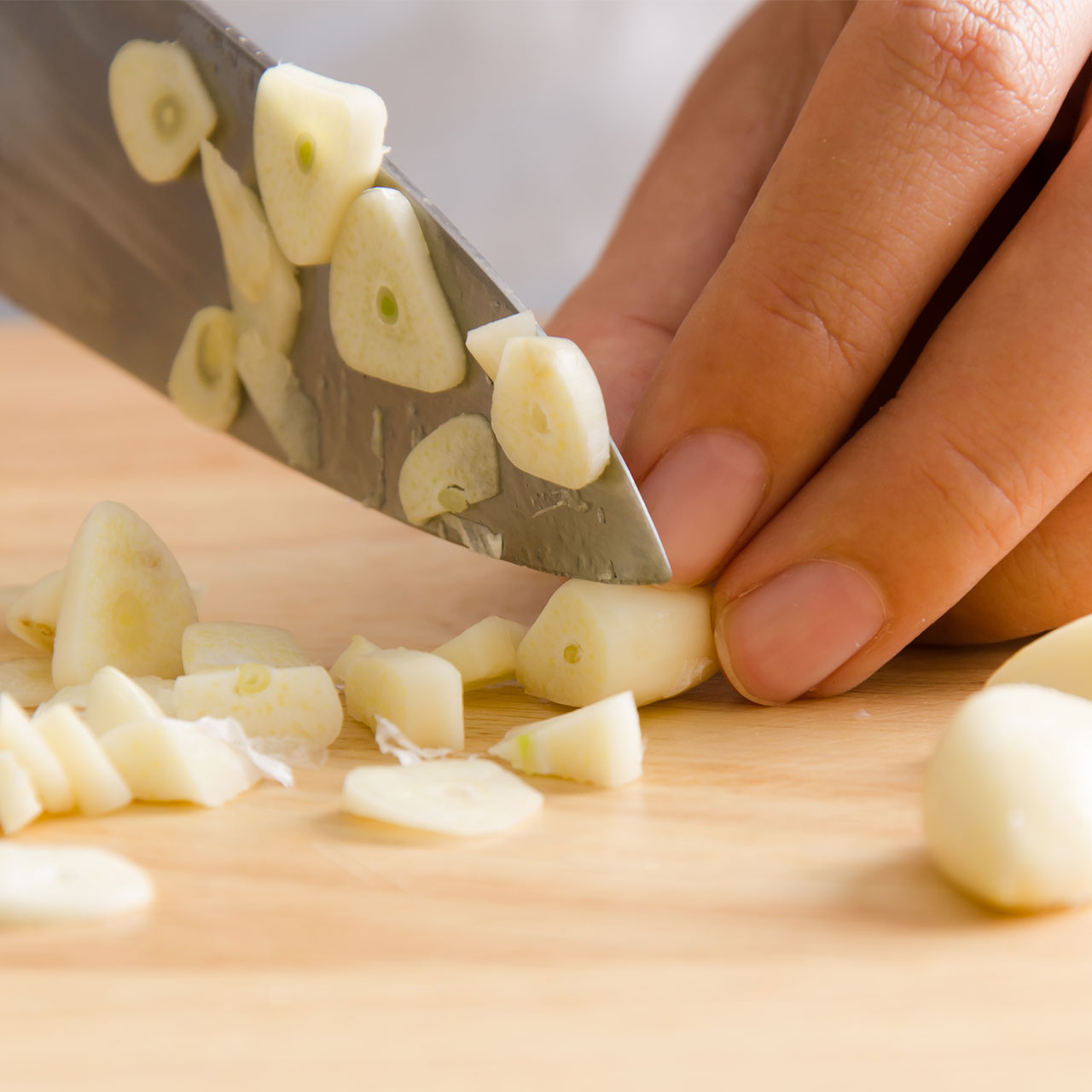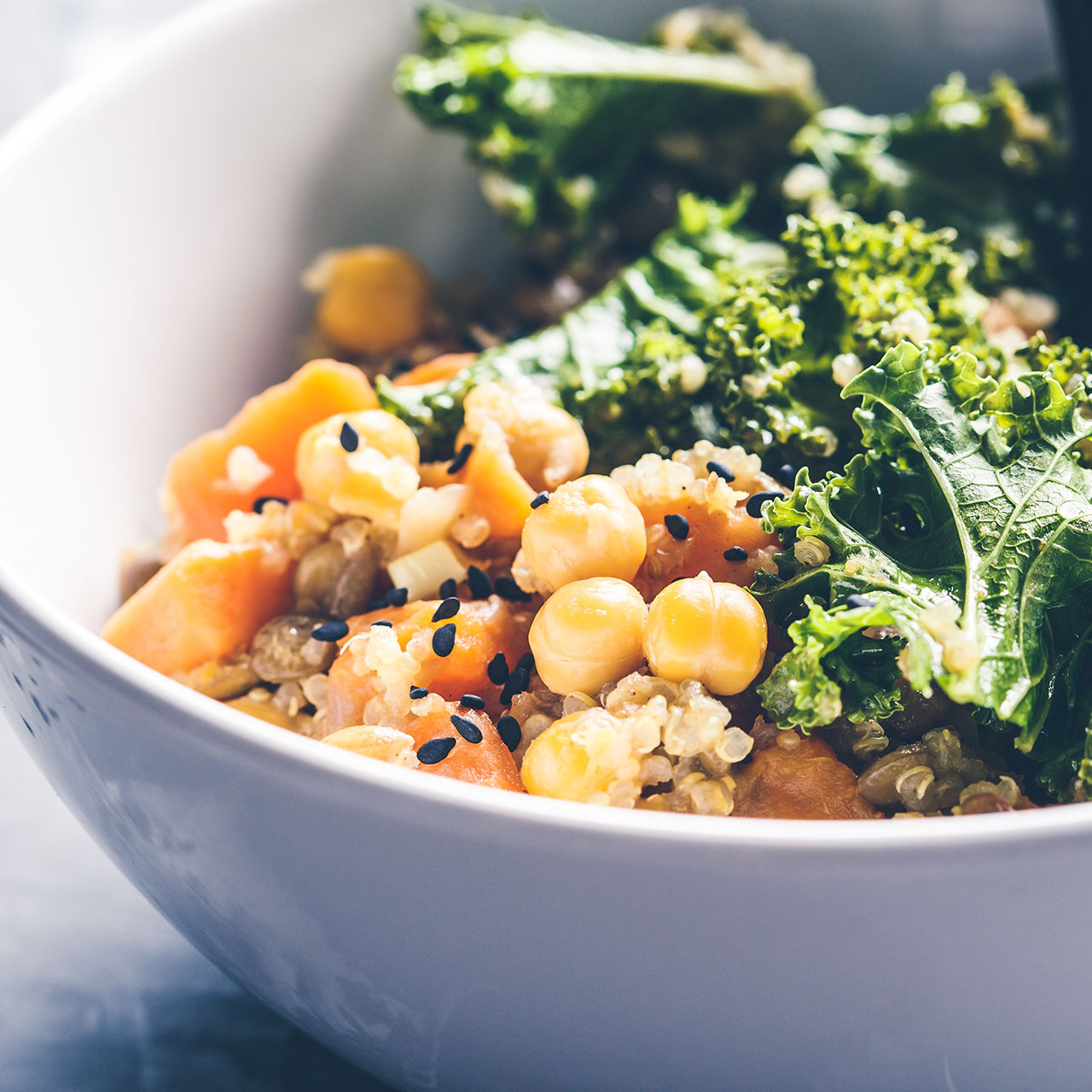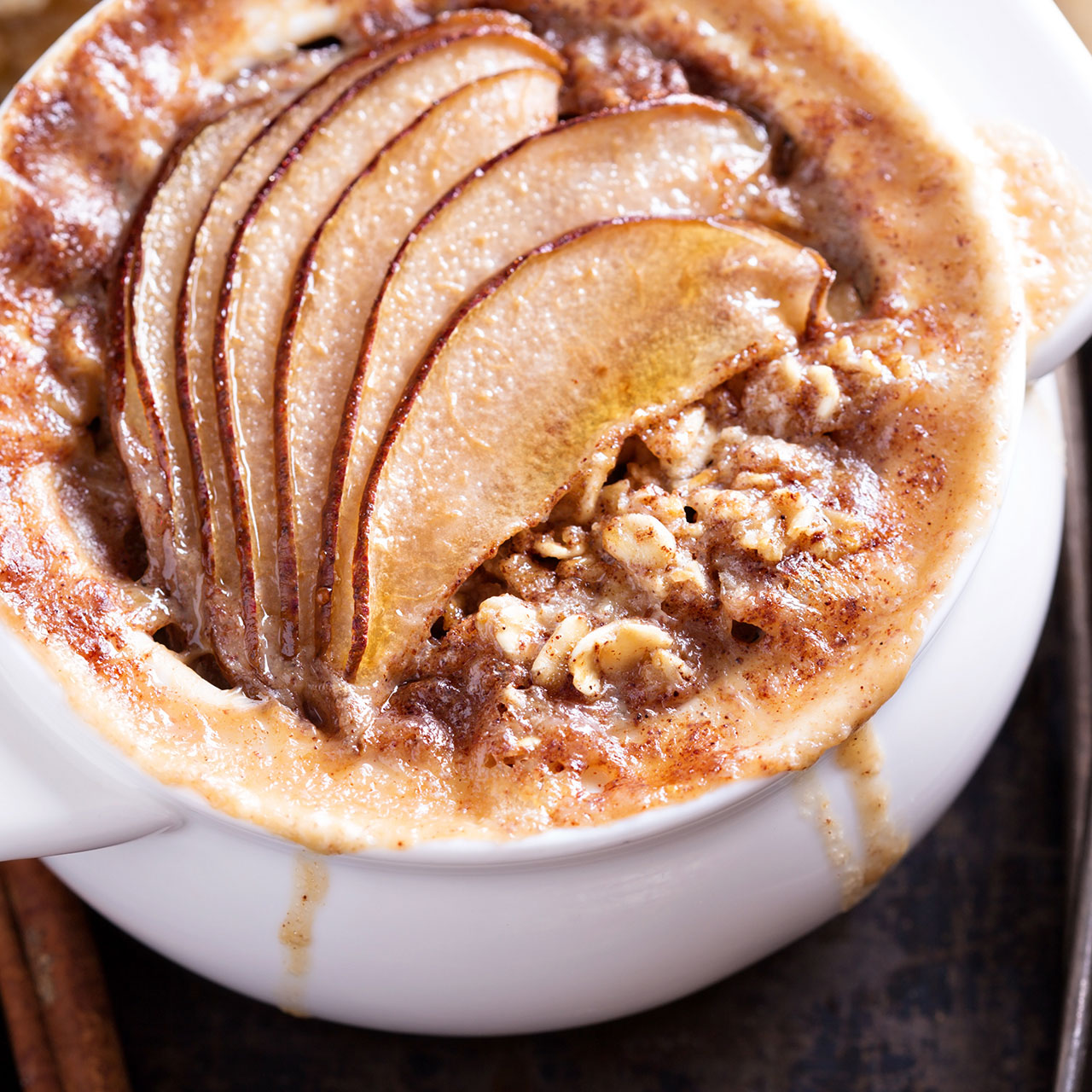This is an archived article and the information in the story may be outdated. Please check the time stamp on the story to see when it was updated last.
Bloating is a common digestive issue that can stem from a number of factors such as eating too quickly, food intolerances, and even hormones. However, regardless of the cause, bloating and indigestion are an undeniably uncomfortable occurrence and ideally avoided whenever possible.
Our bodies naturally appear more bloated in the evening time after a full day of eating, but there are some foods you may be eating for dinner which are actually making that distention much worse. We spoke with Michele Canon, XPRO, NASM CPT and Nutritionist for Xponential+ for a full rundown on which foods you should avoid eating in the evening if you suffer from severe bloating, effectively relieving this uncomfortable symptom.


Cruciferous Vegetables
While on the whole good for your overall health, eating cruciferous vegetables in the evening with dinner may be slowing down your digestion and causing that tight, bloated stomach we all dread. “Because our digestion naturally slows down at night, certain foods can cause bloating and GI discomfort when consumed in the evening,” explains Canon. “These vegetables contain a carbohydrate compound called fructo-oligosaccharide which is a type of sugar that is poorly digested because we lack the enzyme to break it down.” As these vegetables are more difficult to digest as it is, especially in the evening they’re more likely to sit in your intestines for longer, causing a buildup of gas.
That’s not to say that cruciferous vegetables are bad for you, and in fact quite the opposite is true. Packed with fiber which has been known to keep you full for longer, cruciferous vegetables such as kale, cauliflower, brussel sprouts and broccoli are some of the best to include in a balanced diet for weight loss. However, keeping these vegetables concentrated to the middle of your day will allow your body more time to digest, using them as fuel and reducing hunger.

Seeing as it’s recommended to eat about five servings of vegetables each day, you’re more than likely going to be consuming some with your dinner. Instead of having cruciferous veggies, Canon has some other recommendations which are less likely to spark bloating as they’re easier on the stomach. “In the evening, choose vegetables that are much more easily digestible like bok choy, carrots, bean sprouts, eggplant, ginger, chives, jicama, cucumber.” That being said, cooking your vegetables as opposed to eating them raw can help with the digestion process, so if you’re really craving broccoli with your dinner, consider boiling or roasting it instead.
Bloating generally has minimal implications on your overall health, but it may also be indicative of underlying digestive issues like IBS, various intolerances, or even a hormonal imbalance, according to Canon. If removing cruciferous veggies from your evening routine and making other small adjustments has no impact on the severity of your bloating, it may be worth checking in with a healthcare professional in order to get some real guidance on how to move forward. Remember, there’s no reason to cut these foods out of your diet entirely, and simply changing when you eat them in your day can make all the difference in reducing bloating for good.


























